In a world where billion-dollar Brand giants dominate store shelves and ad budgets run into the hundreds of millions, two YouTubers-turned-entrepreneurs defied all odds. In 2022, Logan Paul and KSI launched Prime Hydration
a sports drink brand without any background in the beverage industry, without big name endorsements, and without spending a single dollar on traditional advertising
A year later? Prime hit $250 million in retail sales, teamed up with UFC, Arsenal FC, and Walmart, and is worth nearly $1 billion today.
That is influencer marketing success, hype-fueled product launches
and a masterclass in contemporary brand creation. This is how Prime became the Gen Z beverage of choice and wrote the book on starting a company in the digital-first age
The Birth of Prime From Boxing Ring to Beverage Shelf
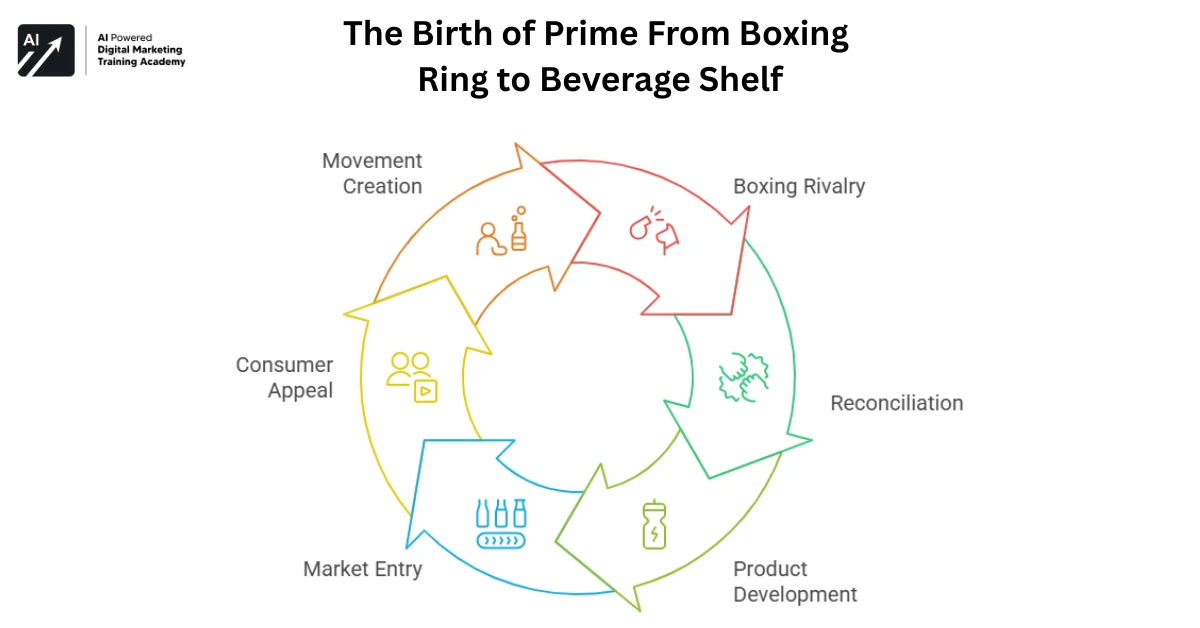
KSI and Logan Paul used to be opponents, having clashed in two blockbuster YouTube boxing bouts that attracted millions of spectators.
But when they buried the hatchet, they united over something greater a product brand
Prime was introduced as a hydration beverage to compete against category leaders such as Gatorade and Powerade
Its position at its core? Improved ingredients, no sugar, electrolytes added, and greater appeal to fit-conscious younger consumers.
But Logan and KSI weren’t introducing a drink, they were introducing a movement
No Ads. Just Audience Power.
All other brands spend millions on old-school marketing, think TV commercials, billboards, influencer sponsorships, PR agencies, and launch events. Prime didn’t spend a dime on traditional advertising
Instead, they leveraged two things:
- Their combined 100+ million collective audience on YouTube, Instagram, TikTok, and Twitter
- The viral impact of hype, FOMO, and scarcity drops
Each Prime release turned into an event. Each reference turned into breaking news. Their unboxing videos collected millions of views
And all of this came at no cost made by fans, driven by the community
The Role of Hype: Scarcity Sells
Turning Prime into a collector product was one of the most intelligent things Logan and KSI ever did.
- They released Prime in small batches
- Multiple flavors were only available for limited times
- Some limited drops were only available through special codes or online drop
- It generated artificial scarcity, a strategy employed by streetwear brands such as Supreme.
The consequence? Consumers flooded into stores, sold bottles online at 10x, and made viral clips attempting to locate limited flavors.
Shelves were bare within hours in the UK. Children camped out in front of stores. Prime had a black-market price on websites such as eBay and StockX
The Rihanna Moment: Influencer Marketing Without the Ad Budget
In January 2023, pop sensation Rihanna was photographed nonchalantly clutching a Labubu doll (another Pop Mart product and yes, Rihanna is the ultimate influencer of cultural virality).
Another such wave struck Prime when stars, sportspeople, and athletes started showing up with bottles not by virtue of paid partnerships, but organically
- UFC fighters took Prime into the octagon
- KSI and Logan used it as their post-workout beverage
- TikTokers made flavor-ranking challenges
- YouTubers recorded “Prime vs Gatorade” tests
It wasn’t sponsored content. It was hype from the community
Prime’s Retail Strategy: From Online Frenzy to Walmart Shelves
Once it went viral online, Prime Billion-Dollar Brand needed to be available offline. That’s when deals began pouring in.
Key Retail Partnerships
- Walmart (USA-wide distribution)
- Target and GNC soon followed
- UK’s ASDA and Tesco stocked Prime
- Worldwide expansion into Australia, UAE, Canada, and India was mapped
Within months, Prime Billion-Dollar Brand was more than a viral product; it was mainstream. But exclusivity remained limited and stock made it never dull
Prime x UFC & Arsenal FC: Sports Marketing That Works
In 2023, Prime acquired a monster deal with UFC as their official hydration partner
Then they became the official sports drink sponsor of Arsenal Football Club, a top Premier League club in the world
These were legacy sponsorships, reserved usually for the likes of Coca-Cola or Gatorade. And Prime, a 1-year-old brand, pulled it off
Why it worked
UFC boasts an enormous Gen Z following
Arsenal has worldwide reach with youth fans Both platforms enabled Prime to validate its performance credentials
The App Boom: Prime Goes Digital
To meet global demand and fan enthusiasm, Prime created an official mobile app that immediately topped #1 in the U.S. App Store
The app enabled fans to
- Get early access to flavor launches
- Accrue loyalty points
- Compare their flavor ratings
- Participate in special Prime fan events
This was no ordinary beverage Prime became a tech-savvy lifestyle brand
Wang Ning? No, Logan & KSI Became Beverage Billionaires
Just as Wang Ning (Pop Mart CEO) amassed a billion dollars with collectible dolls, Prime benefited from the same wave as Logan Paul and KSI
Their influence, branding, and community driven approach propelled Prime’s valuation to heights
Business estimates
- 2022 Sales: $250M
- 2023 Projected: $500M+
- Brand Valuation: Close to $1 Billion
Profit Margins: Above most traditional beverage brands because of D2C and low marketing expenses
Lessons for Indian Startups & D2C Brands
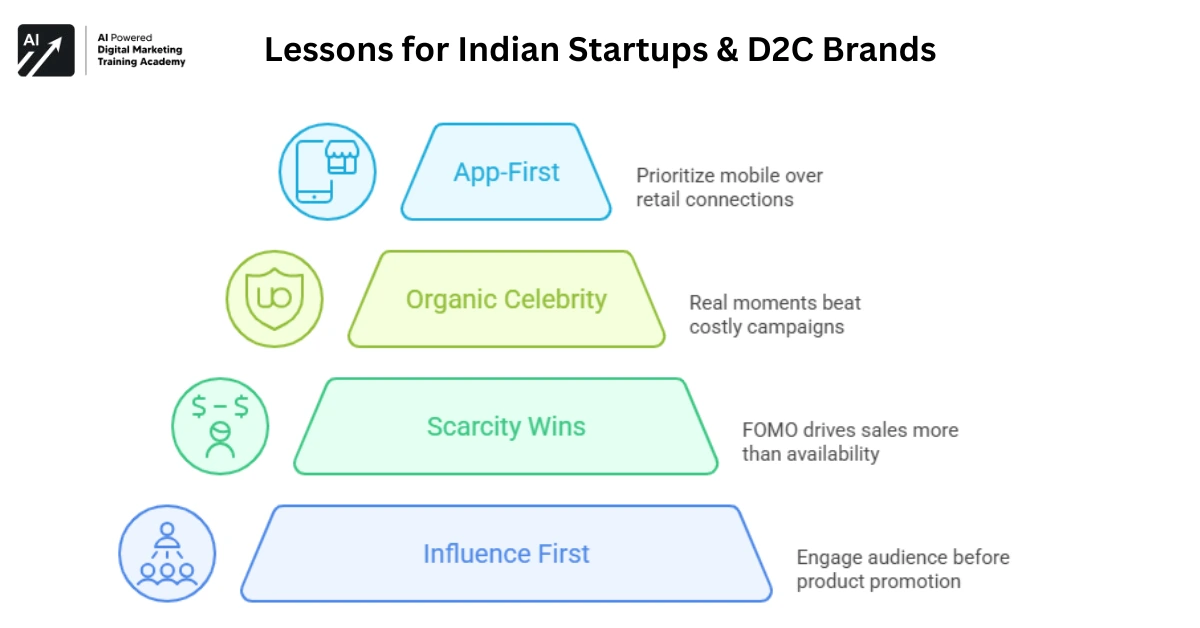
- Prime’s ride is a rich set of lessons for startup entrepreneurs, particularly in India
- Influence First: Get people to care before selling the product
- Scarcity Wins: FOMO sells more than stock
- Organic Celebrity = Gold: A single real moment (such as Rihanna or UFC) beats a ₹1 Cr advertising campaign
- Go App-First: Connect with your customers on mobile, not only retail
- Gamify the Product: Blind drops, incentives, and narrative function in every category
Conclusion
The emergence of Prime is more than a product launch gone viral; it’s an indicator of how brands are made today
U don’t require huge VC funds. You don’t require heritage.
You don’t even require traditional advertising
Not needed
- A community
- A narrative
- Scarciity
- And timing
Logan Paul and KSI demonstrated in the creator economy that brands created by influencers are not side hustles, they’re Prime Billion-Dollar Brand.
Prime is not a beverage. It’s a template
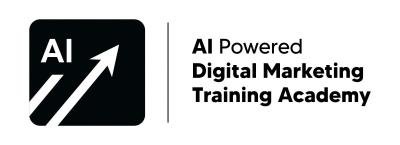
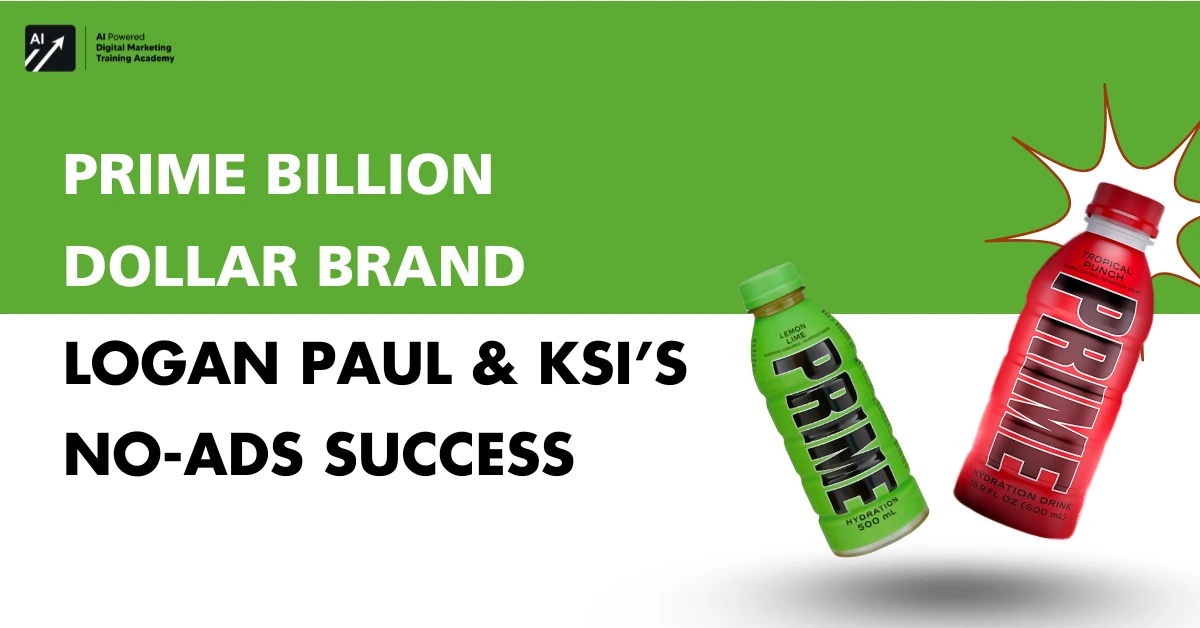


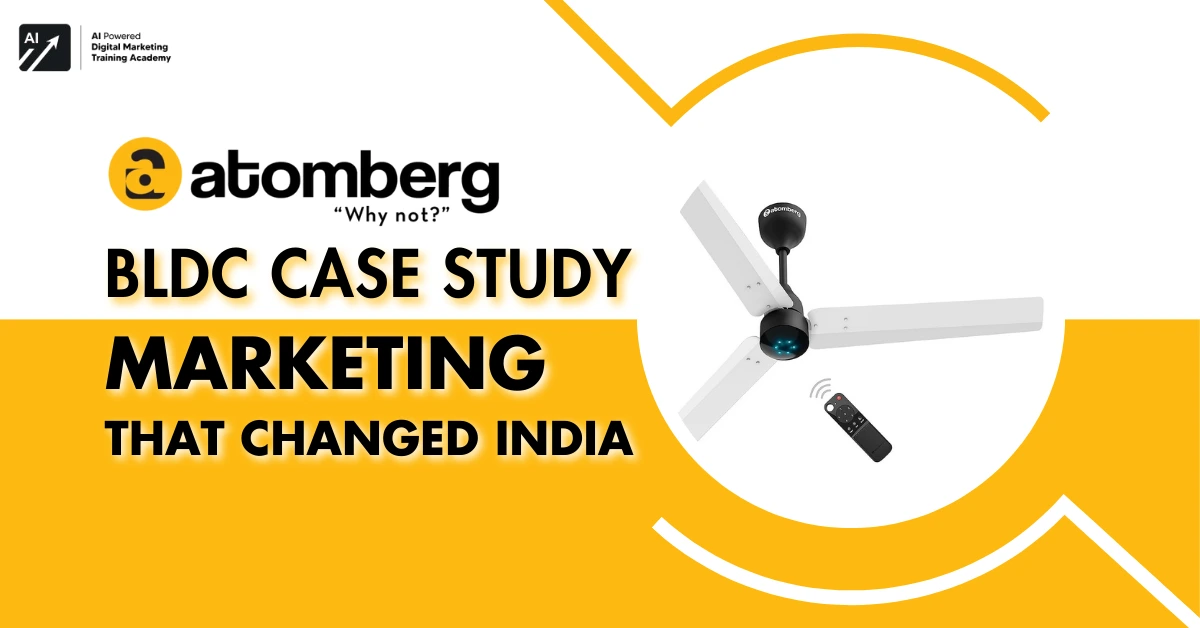
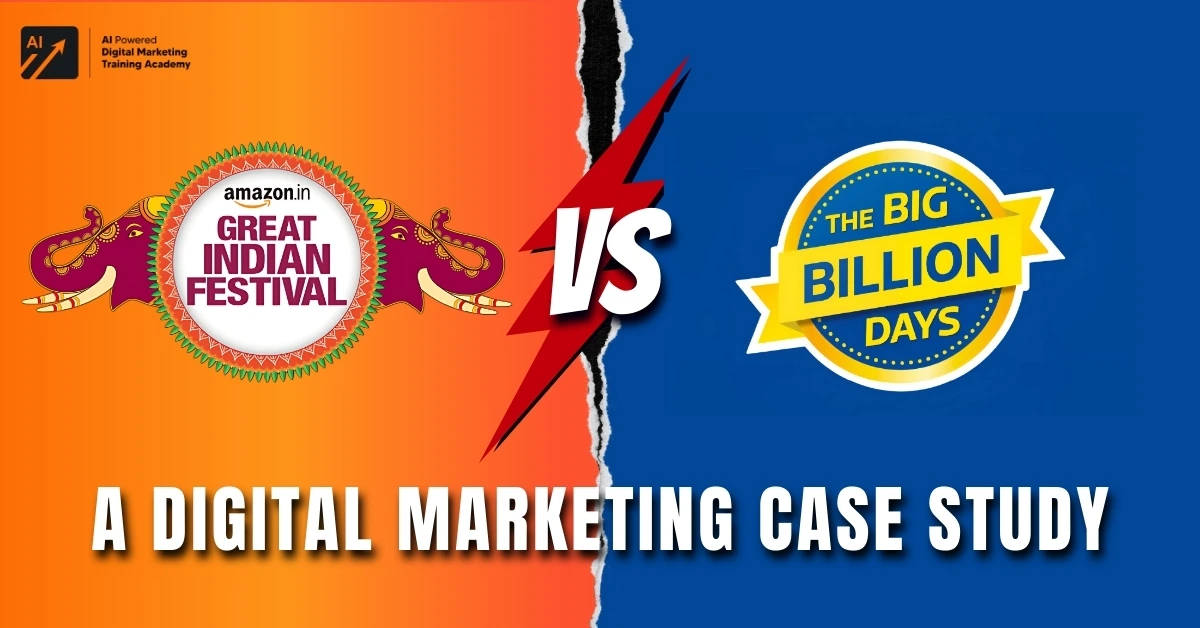
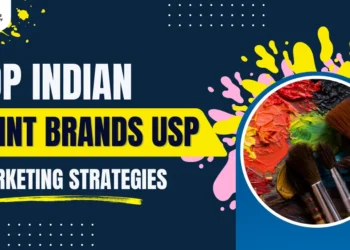
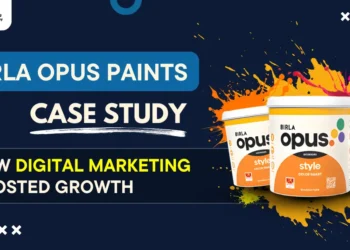
Great information!